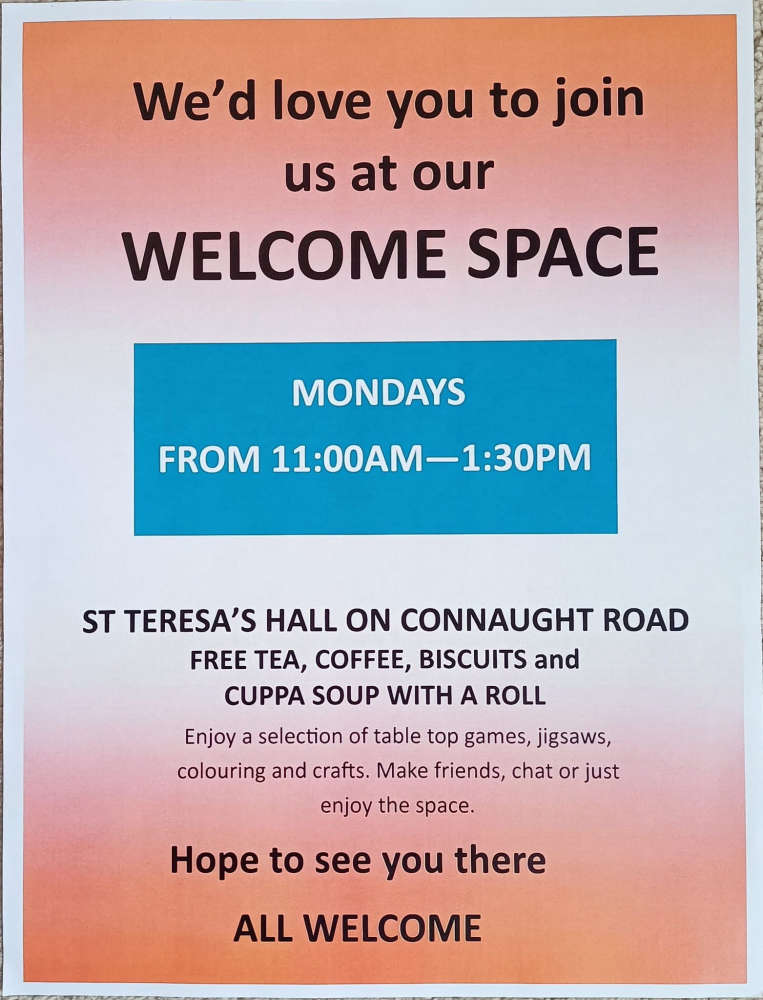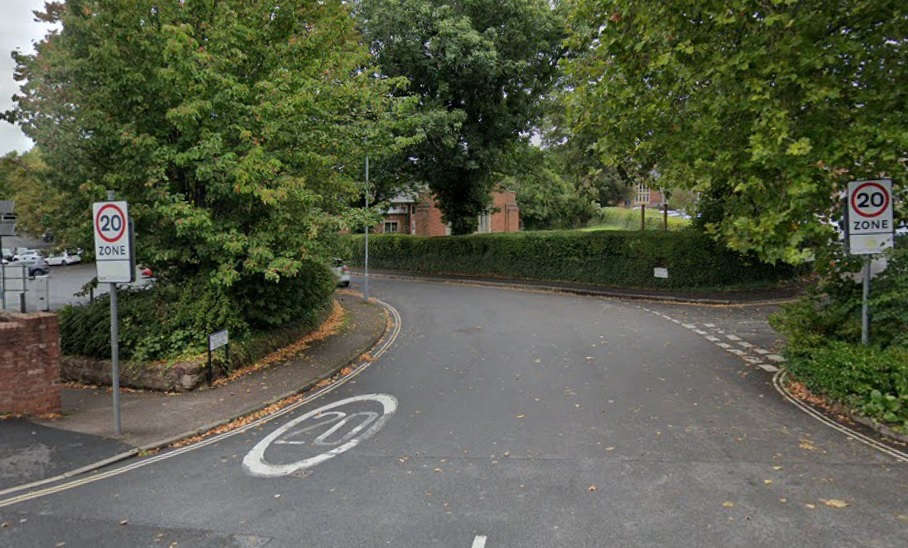
Major changes to the way traffic moves around Exeter are being proposed as the city tries to encourage more walking, cycling and wheeling.
A comprehensive new plan for the Newtown area is to be debated next week (July 15) by the city’s highways and traffic orders committee, made up of county and city councillors.
The same committee introduced the unloved Low Traffic Neighbourhood project around Heavitree, which was scrapped last year after fierce public opposition.
But the Newtown proposals have been widely welcomed during a lengthy consultation process.
Members of the committee will be recommended to endorse spending almost half a million pounds on a package of measures including banning traffic from part of Russell Street; introducing contraflow cycling along Clifton Hill and stopping parking in parts of Belmont Road, Clifton Hill, Clifton Street, Heavitree Road, Clifton Road and Russell Street. Pay and display meters would also appear in parts of Russell Street.
The money will come to the councils as a grant via Sport England.
A report to the committee says the proposed Newtown Community Transformation Project is a collaboration between Exeter City Council’s Live and Move project and Devon County Council.
The project aims to make green spaces more useable and to make it easier and safer to get around. It says there are already high levels of walking and cycling in the area, but the scheme will encourage more.
“Newtown has been chosen as a great location for a transformative scheme with the needs of the community at its heart,” says the report.
It says that with the opening of St Sidwell’s Point leisure centre and the closure of the Pyramids and Clifton Hill leisure centres, travel in the area has changed. The current layout of Clifton Hill and Clifton Road discourages active travel.
Public engagement on the proposals began back in 2021, when among the issues raised by local people was congestion caused by cars parking. After 10 weeks of consultations earlier this year the response from people living in Newtown was mainly positive.
In her conclusion the county’s director of climate change, environment and transport Meg Booth writes: “The scheme will make Newtown more accessible for people walking, wheeling and cycling and a more attractive, safer and healthier place for residents and people traveling through Newtown.
“The scheme aims to make everyone feel safer and more welcome and able to enjoy cleaner air and attractive, convenient routes linking to key destinations.”
And, she says, the opportunities and benefits of the scheme significantly outweigh the negative impacts of removing parking spaces and restricting vehicles in Russell Street.
Work could begin by April next year.

 Exmouth community champion to be honoured at Palace of Westminster
Exmouth community champion to be honoured at Palace of Westminster
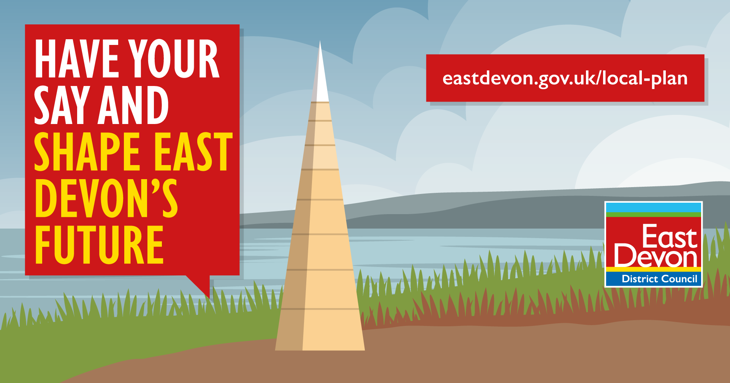 One week left to have your say on Local Plan and Heritage Strategy consultations
One week left to have your say on Local Plan and Heritage Strategy consultations
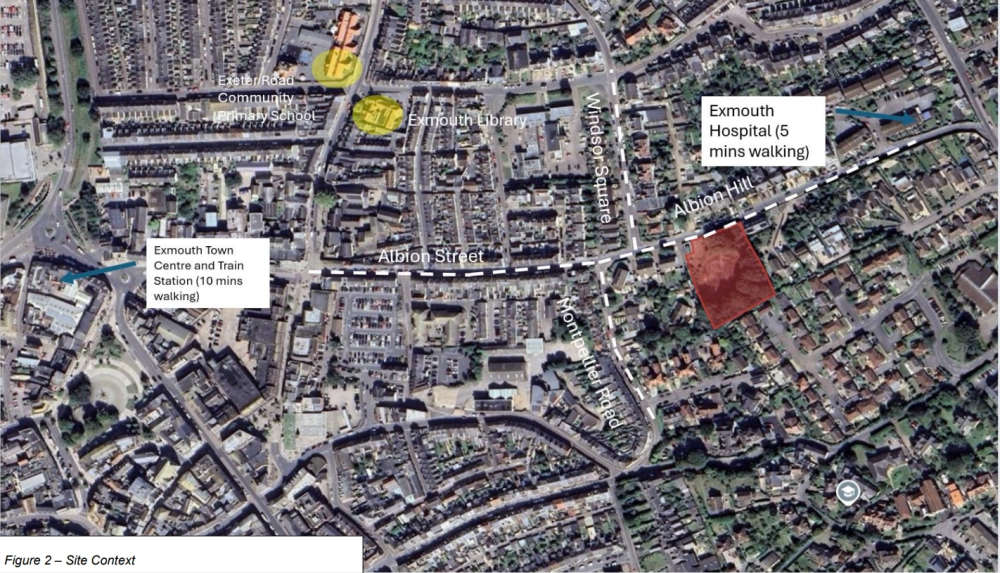 Double apartment block plan for old gas works in Exmouth
Double apartment block plan for old gas works in Exmouth
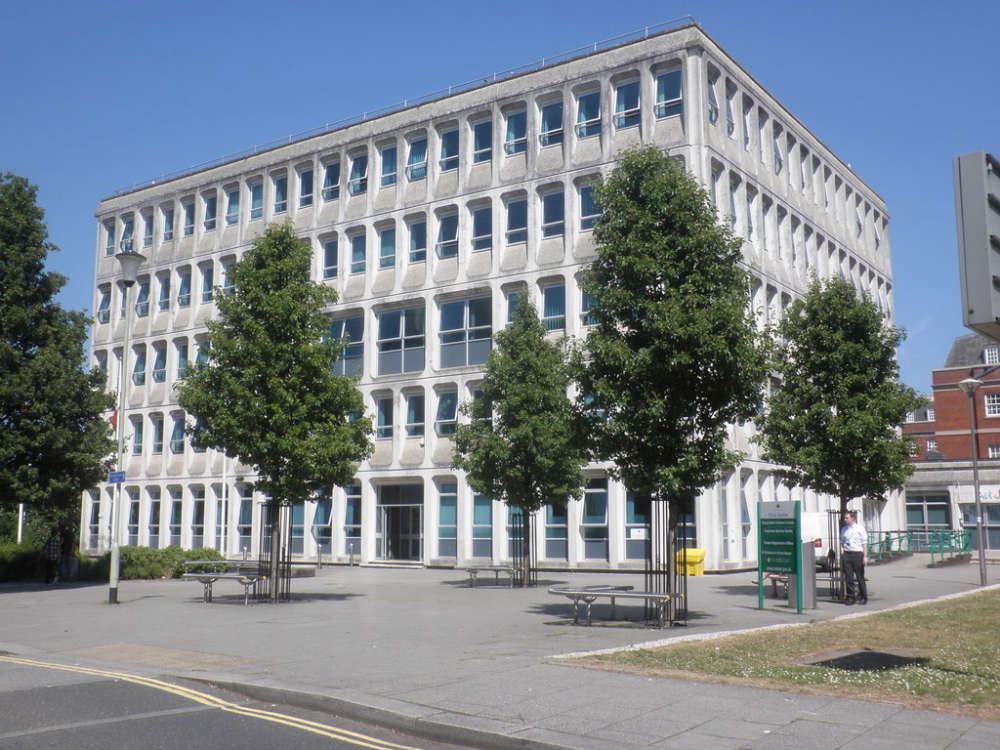 Opponents unite to demand Exeter elections
Opponents unite to demand Exeter elections
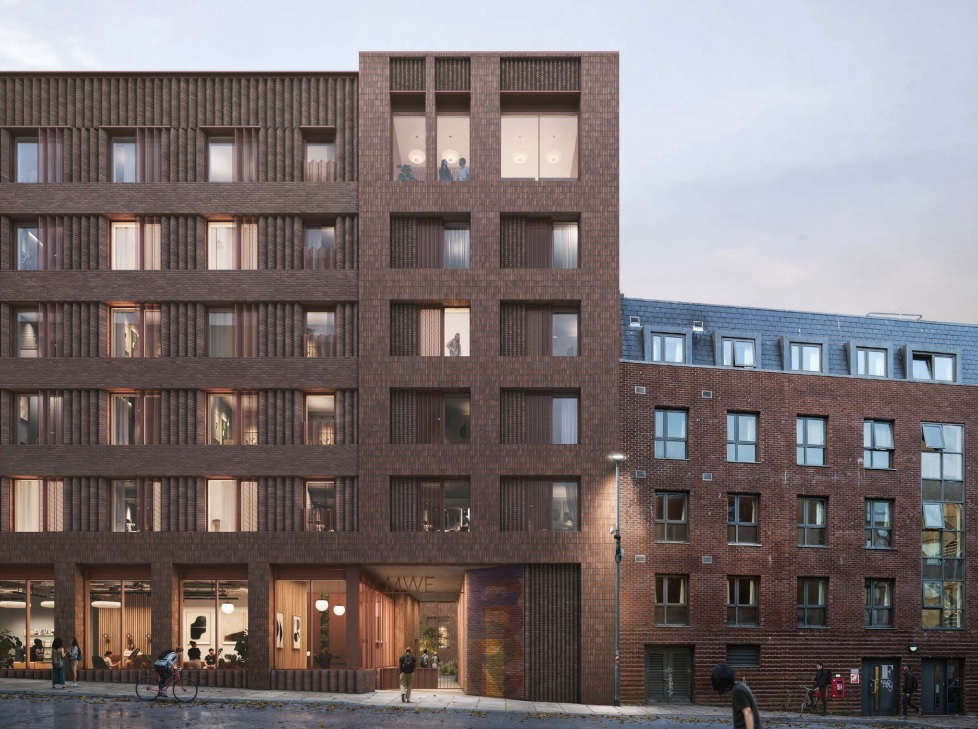 Student homes block will replace former Exeter nightclub
Student homes block will replace former Exeter nightclub
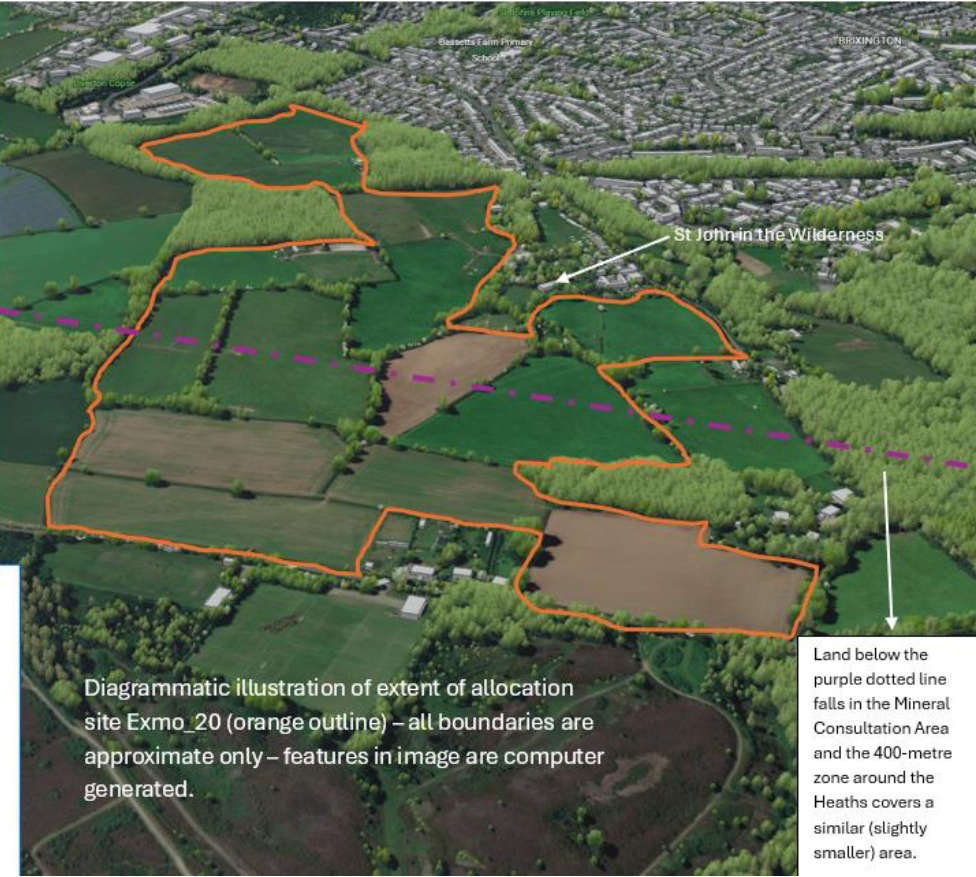 Campaigners push for more opposition to mammoth 700-homes plan in Exmouth
Campaigners push for more opposition to mammoth 700-homes plan in Exmouth
 Exmouth WW2 bomb removed from Exmouth marina and taken out to sea for detonation
Exmouth WW2 bomb removed from Exmouth marina and taken out to sea for detonation
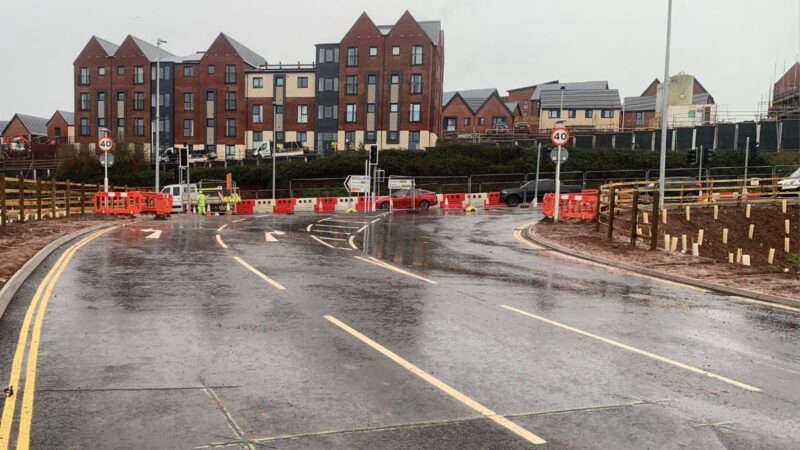 New junction on outskirts of Exeter set to open
New junction on outskirts of Exeter set to open









